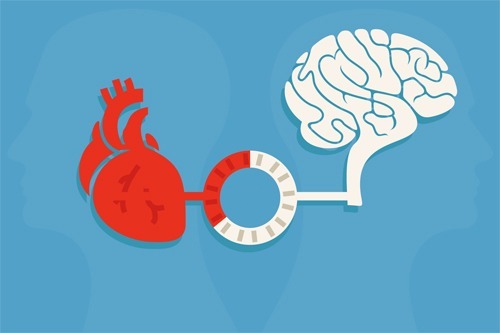Posts Tagged ‘heart-disease’
To reduce heart disease and stroke risks, regulate stress and improve brain health
—– How stress may increase risk of heart disease and stroke (ScienceDaily): “Heightened activity in the amygdala — a region of the brain involved in stress — is associated with a greater risk of heart disease and stroke, according to a study published in The Lancet that provides new insights into
Read MoreTo address the upcoming Alzheimer’s “epidemic”, let’s approach 2016 with these 4 Pillars of Alzheimer’s Prevention
. As you probably know, we are in a health care crisis. The number of people with Alzheimer’s disease continues to sky-rocket as people age and may reach crisis proportions. A national goal has been set to prevent and cure Alzheimer’s by 2020 or no later than 2025, with a lion’s share of this money…
Read MoreAlzheimer’s Disease: New Survey and Research Study on Awareness, Testing and Prevention
Very interesting new data reinforcing two main themes we have been analyzing for a while: 1) We better start paying serious attention (and R&D dollars) to lifestyle-based and non-invasive cognitive and emotional health interventions, which are mostly ignored in favor of invasive, drug-based options 2) Interventions will need to be personalized. The study below analyzes data…
Read MoreEver heard of the Longevity Dividend? Perhaps Gray is the New Gold
The Longevity Dividend is a theory that says we hope to intervene scientifically to slow the aging process, which will also delay the onset of age-related diseases. Delaying aging just seven years would slash rates of conditions like cancer, diabetes, Alzheimer’s disease and heart disease in half. That’s the longevity part. The dividend comes from the…
Read More


